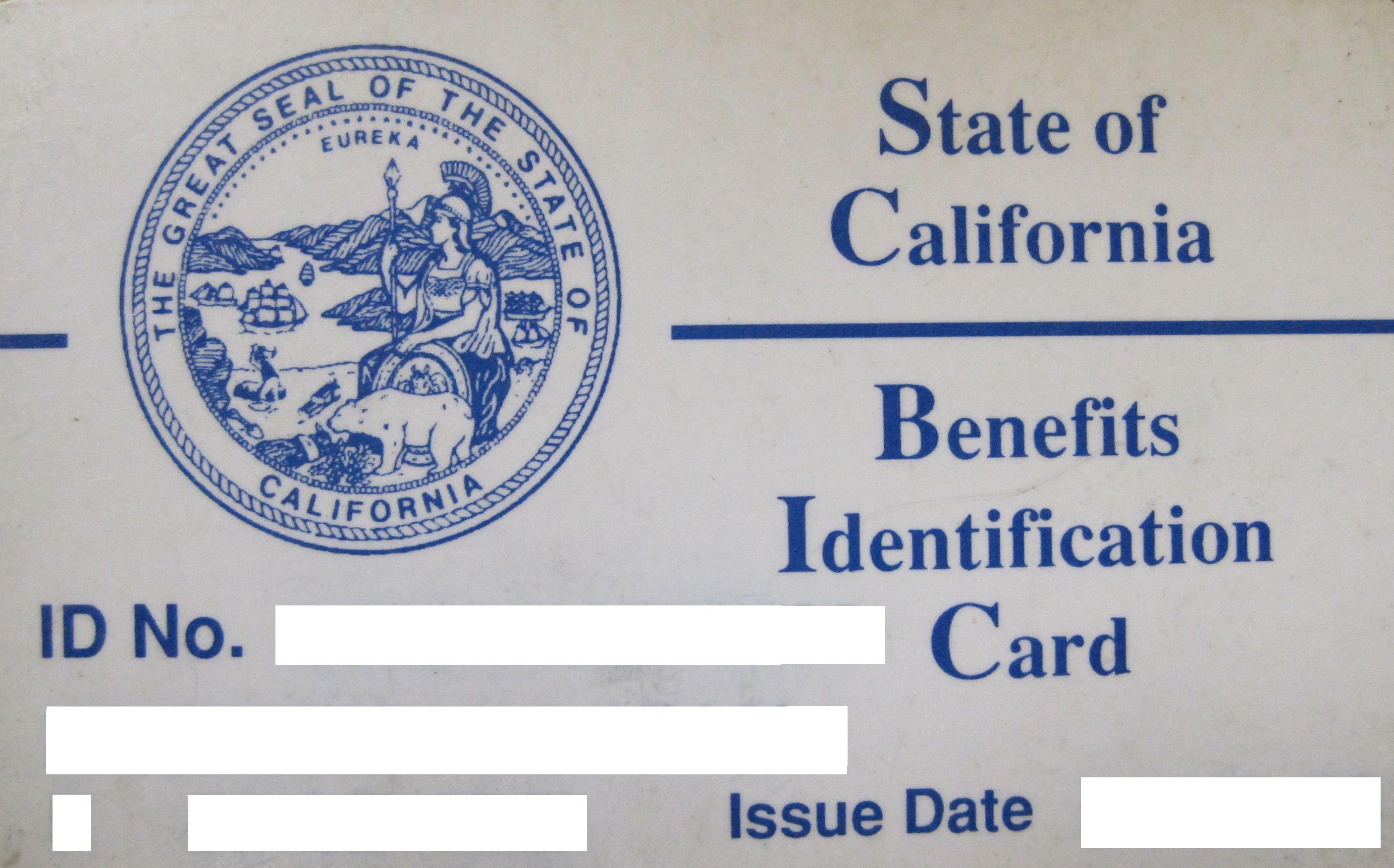Save Medi-Cal
The Ten Percent Cut Is a Non-Solution

When President Obama signed the historic Patient Protection and Affordable Care Act last year, there was great hope that California could begin making strides toward delivering health care to the 7.5 million people in our state who are uninsured.
There was hope that the quality in the health care delivery system would improve, costs would come under control, and physicians and pharmacists would be more accessible to the most vulnerable people in our state.

However, last month, with the quiet approval of draconian cuts to the Medi-Cal program, the state and federal governments have counteracted all of those goals and have made it more difficult to implement the Affordable Care Act in California.
Without the proper legal review, without a single public hearing, and without input from the Californians who will be dramatically affected, the Centers for Medicare & Medicaid Services (CMS) approved yet another 10% cut to the reimbursement rates paid to medical providers who see patients through the Medi-Cal program.
Medi-Cal, California’s Medicaid Program, is supposed to serve as a safety net for low-income Californians so that they can keep their families healthy. The program is legally required to be structured such that enrollees have just as much access to doctors’ offices and pharmacies as do individuals who are privately insured. That means enough health care providers throughout the state need to participate in the program so that families can easily find a place to get the care they need. But each time the state reduces the rates it reimburses for those services, fewer and fewer medical providers choose to participate — and the safety net gets shredded.
This latest 10 percent cut has reduced reimbursements to below the cost of actually providing the care. In some cases, pharmacies will have to pay money out of their own pockets to provide medications to Medi-Cal patients, receiving only a fraction of the actual cost for filling the prescription. Of course this will drive some pharmacists out of the program, and that means many communities will be left without a place for Medi-Cal patients to receive care. For low-income Californians, many of whom have no means of transportation, this becomes a very real hardship.
So, why would Governor Brown propose and implement such damaging cuts? The reason given year after year is the state budget crisis and the need to balance the books. Problem is, while cutting Medi-Cal might look good on the books in the short term, it will not help our structural state budget problem, and in the meantime, it will damage our economy at a time when we can least afford it as a state, and hurt patients when they can least afford to be denied access to healthcare services.
For many pharmacies, for example, Medi-Cal patients are a significant portion of their business. These cuts will force pharmacists to stop participating in Medi-Cal, and that will mean layoffs or even closures of community pharmacies. Because they are foundational businesses, job losses in a pharmacy are felt throughout the community they serve. That means the Medi-Cal cuts will be working against another major goal of every elected leader from President Obama on down to the local city council member: Create jobs.
It is nonsensical that the state and federal government would approve cuts that will put health care further out of reach for so many Californians, at the same time that they are implementing reform to improve health care access. No wonder they made the decision behind closed doors, without transparency and without public inclusion. A collection of patients, doctors, pharmacists and drug stores is suing to overturn the cuts, and they are right to do so. Healthcare is a basic human right.



